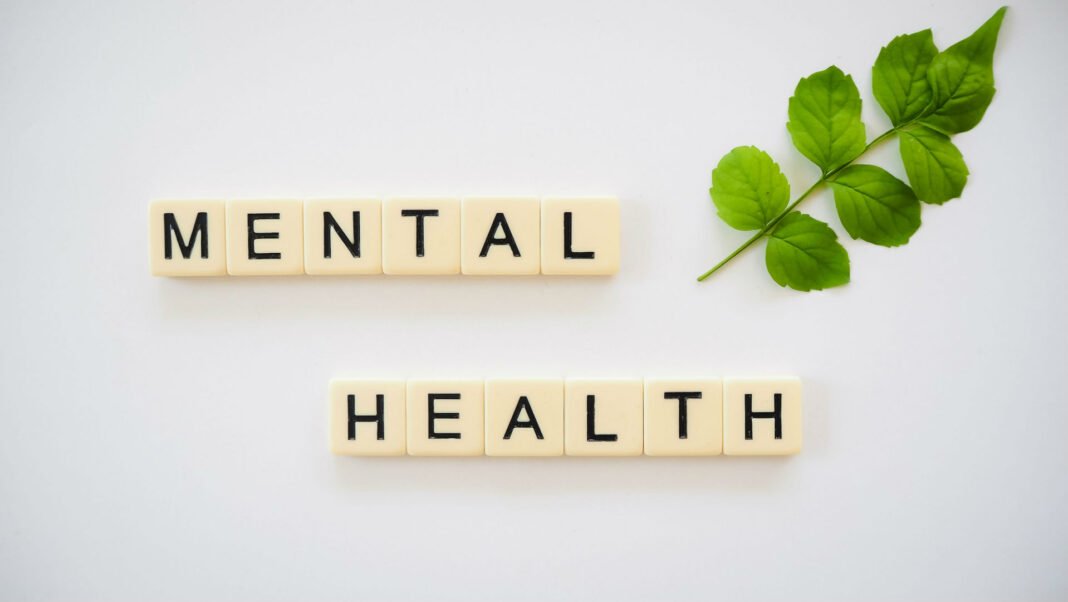In today’s fast-paced world, taking care of our mental health has become increasingly important. The stresses of modern life, combined with the constant demands of work, family, and personal responsibilities, can take a toll on our mental well-being. However, by incorporating mental health practices into our daily lives, we can nurture our minds and build resilience to life’s challenges.
Mindful Meditation
One of the most effective ways to nurture your mind is through mindfulness meditation. This practice involves paying full attention to the present moment without judgment. Regular meditation can reduce stress, anxiety, and depression while enhancing emotional regulation and overall well-being. Start by setting aside a few minutes each day for meditation and gradually increase the duration as you become more comfortable with the practice.
Exercise for Endorphins
Physical activity is not only essential for your body but also for your mind. Exercise releases endorphins, which are natural mood lifters. Incorporate regular exercise into your routine, whether it’s going for a jog, practicing yoga, or hitting the gym. Find an activity you enjoy, as this will make it easier to stick with.
Balanced Nutrition
Your diet plays a significant role in your mental health. A balanced diet rich in fruits, vegetables, whole grains, and lean proteins provides essential nutrients for brain function. Omega-3 fatty acids, found in fish and certain nuts, can also boost mood and cognitive function. Limit your intake of processed foods and excessive sugar, as they can negatively impact your mental well-being.
Quality Sleep
A good night’s sleep is crucial for mental health. Sleep allows your brain to recharge and process emotions. Establish a consistent sleep schedule, create a relaxing bedtime routine, and ensure your sleep environment is conducive to rest. Aim for 7-9 hours of quality sleep each night to optimize mental well-being.
Social Connection
Maintaining healthy relationships and social connections is vital for mental health. Spend time with friends and loved ones, engage in meaningful conversations, and seek support when needed. Isolation can lead to feelings of loneliness and depression, so make an effort to nurture your social bonds.
Stress Management
Stress is a common part of life, but chronic stress can have a detrimental impact on mental health. Develop effective stress management techniques such as deep breathing exercises, progressive muscle relaxation, or journaling. Identifying and addressing sources of stress in your life can also be incredibly beneficial.
Set Realistic Goals
Setting and achieving goals can boost self-esteem and provide a sense of purpose. However, it’s essential to set realistic and attainable goals to avoid feelings of failure and frustration. Break larger goals into smaller, manageable steps, and celebrate your achievements along the way.
Practice Self-Compassion
Be kind to yourself and practice self-compassion. We all make mistakes and face challenges, but self-criticism can be detrimental to mental health. Treat yourself with the same compassion and understanding that you would offer a friend. Learning to forgive yourself and let go of perfectionism can greatly improve your mental well-being.
Seek Professional Help
If you’re struggling with persistent mental health issues, don’t hesitate to seek professional help. Mental health professionals, such as therapists, counselors, and psychiatrists, are trained to provide guidance and support. They can offer strategies, treatments, and coping mechanisms tailored to your specific needs.
Embrace Mindful Technology Use
While technology can be a valuable tool, excessive screen time and social media can contribute to stress and anxiety. Practice mindful technology use by setting boundaries, taking breaks, and disconnecting when necessary. Prioritize face-to-face interactions and engage in activities that don’t involve screens.
Conclusion
Prioritizing mental health in your lifestyle is essential for overall well-being. By incorporating practices like mindfulness meditation, regular exercise, balanced nutrition, and quality sleep, you can nurture your mind and build resilience against life’s challenges. Remember the importance of social connections, stress management, and self-compassion in your journey to better mental health.

